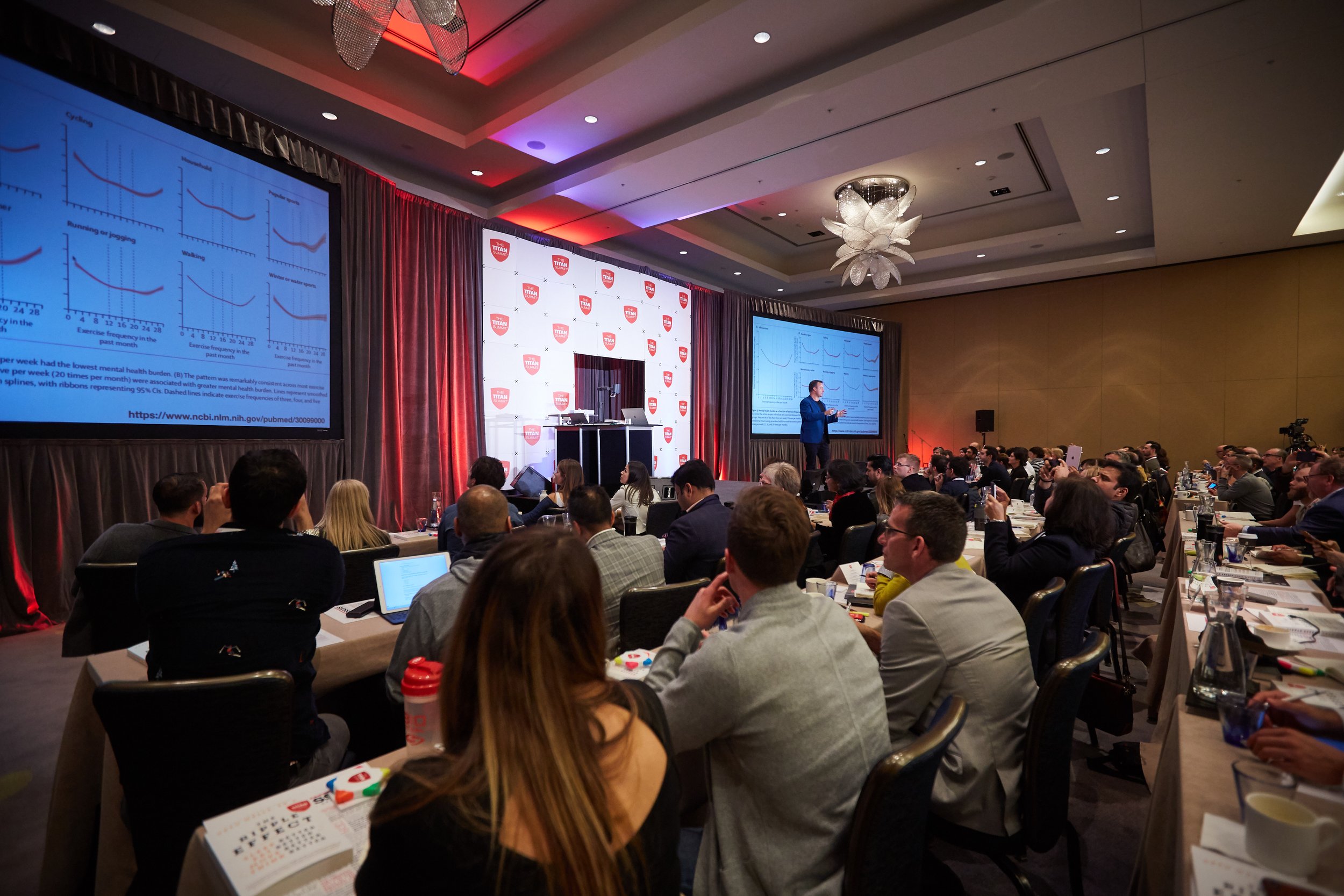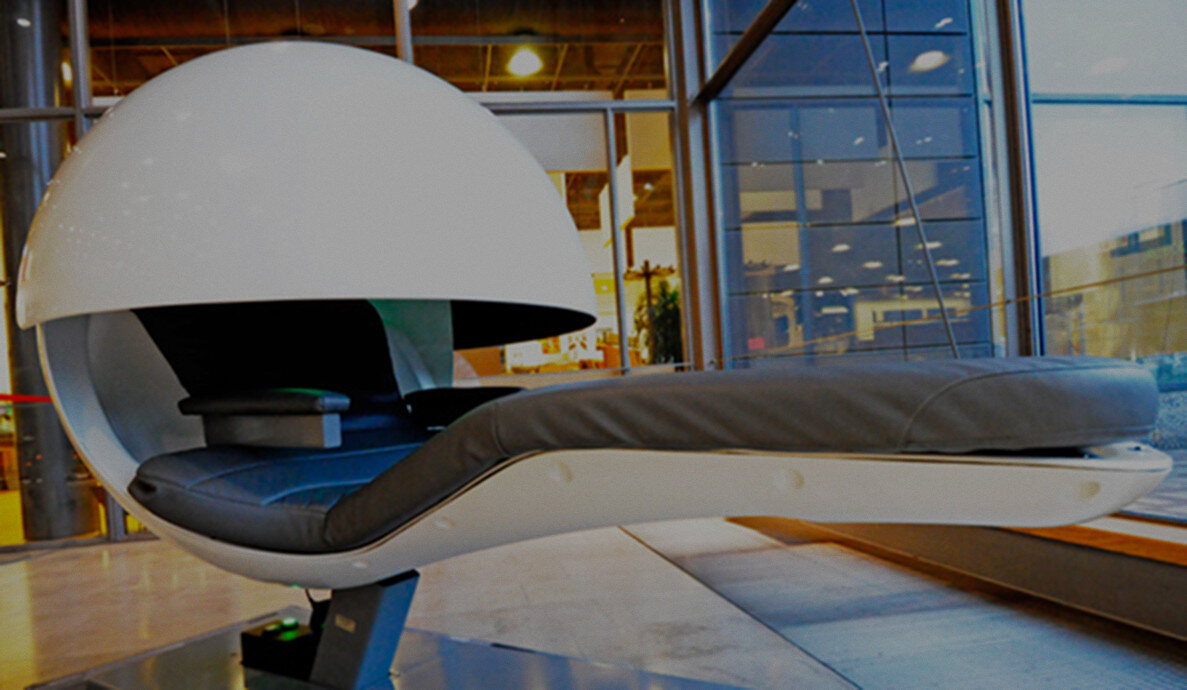
INSIGHTS
ACTIONABLE SCIENCE FROM Dr. WELLS’ NEWSLETTER
What Michael Phelps’ struggle for meaning can teach us about peak performance
If you locate measures of success and failure outside yourself— whether by accepting the judgment of others or internalizing it to judge yourself—you give away control of your sense of accomplishment. If you feel happiest and most satisfied when you receive external validation and rewards, then your sense of who you are (and how good of a person you are) will come from other people as well.
That’s a risky way to live and work. Fearing external judgment and relying on external validation to feel good are equally problematic. And they are both barriers to high performance.
3 techniques to trigger gamma brain waves and achieve peak performance
Great performers enter a state of complete connection to the task while remaining completely relaxed. In so doing, they consistently deliver exceptional performance. From a brain science perspective, they are able to access gamma mode, a state of intense brain activity when the entire brain works together at once.
What Alex Honnold can teach us about peak performance
I’ve spent a lot of time trying to crack the code of ultra-performance.
I do it by looping back through everything I’ve learned as a scientist and physiologist, and comparing that knowledge to everything I am learning from meeting and working with some of the highest-achieving people on the planet.
What I’ve observed is that elite performers are consistently able to access their full potential.
5 techniques to prompt your creativity
Your creativity isn’t something you can just turn on and off, but it is definitely something you will undermine if you are in constant go mode. Our brains aren’t designed to ideate and innovate when we are in focused execution mode.
Need to create? Handle downtime like Churchill, Darwin and Dickens.
Need to brainstorm or ideate? Need to come up with a radically new idea? Need to be agile and innovative? Step out of execution mode and relax.
The science of focused execution, beta waves and singletasking
When I criticize our culture of hustle and endless drive, I am not in any way diminishing the importance of focus and execution. In fact, I think a commitment to rest and recovery is, in many ways, about setting you up to deliver results when it matters.
5 techniques that amplify focus and execution
Living in a constant state of hustle and drive is so familiar to most of us that we aren’t always aware of what does – and doesn’t – help us focus.
Given how brains work, there are certain conditions that will cue beta waves when it comes time to deliver results.
Here are five techniques you can use to cue your brain to get into go mode.
What a rhino taught me about alpha waves, reflection and seeing the whole picture
Alpha waves are emitted when we learn, reflect, think strategically or engage in metacognition. In this mode, our brains achieve a blend of activation and relaxation. To get into this mode, we have to step out of focused execution, which limits our ability to pull the lens back and see the whole picture.
I learned about this effect firsthand on a trip to Africa for a friend's wedding.
A magic tactic for sleep and recovery: Defend your last hour
My primary advice to ensure world-class sleep is to defend your last hour. To do so, I developed a comprehensive pre-sleep protocol.
Here are three tactics you can use:
4 techniques that support optimal sleep
The benefits of optimal sleep are enormous and have a huge impact on performance and health. Along with enabling your brain to wash itself, deep sleep cues delta brain waves, which drive recovery and regeneration.
From every possible perspective – physiologically, psychologically, emotionally and energy-wise – humans need to sleep deeply and regularly engage in proper recovery. To be as inspired and energized as possible in your daily life and work, you need to invest in your recovery.
Napping to optimize health and performance
There is a shift in corporate culture underway toward supporting naps as a high-performance tool that also has massive health benefits.
5 techniques to cue reflection, strategic thinking and metacognition
One of the major side effects of the epidemic of unrelenting drive and constant hustle has been to limit our collective capacity for deep and broad thinking.
When it comes to reflection, learning, strategic thinking and metacognition, our brains need to slow down, focus and trigger alpha waves.
Sleep is the magic bullet for health and performance
What we know is that there are specific cleaning cells inside the brain called astroglia that are between the neurons. When they are activated, astroglia scoop up waste products and drive them towards blood vessels so they drain away from the brain.
When you are awake and hustling, this system is shut down. Only when you enter a deep sleep and delta waves prevail, do the astroglia activate and do their work.
Using brain science to break the damaging cycle of endless hustle
We drive ourselves day and night. We never rest. We never step back. We push and push and push.
Why is this a problem? Because that’s not how the brain works. It’s not how the body works. It’s not how performance works. And it’s not what optimizes our health and longevity.
What Kawhi Leonard can teach us about slowing down to speed up
Conventional wisdom has always said that achieving more means pushing harder. It’s not true. Why? Because that’s not how brains work.
I’d like to challenge you to think differently about performance and health by embracing what seems like a counter-intuitive notion: slow down to speed up. Being deliberate about how you live and work can enable you to be more effective and efficient.















